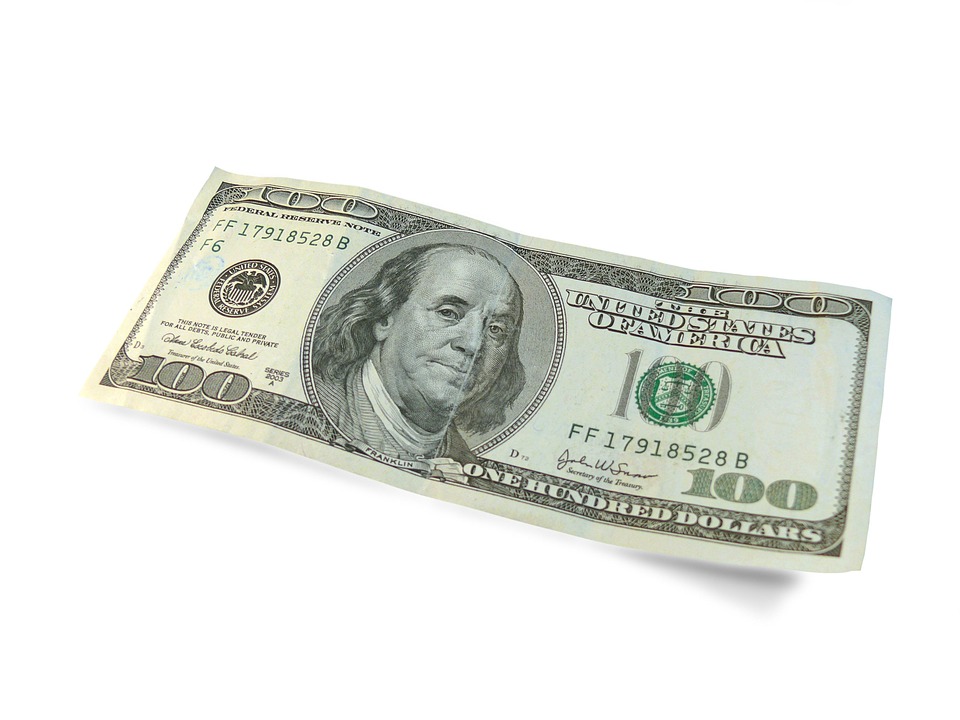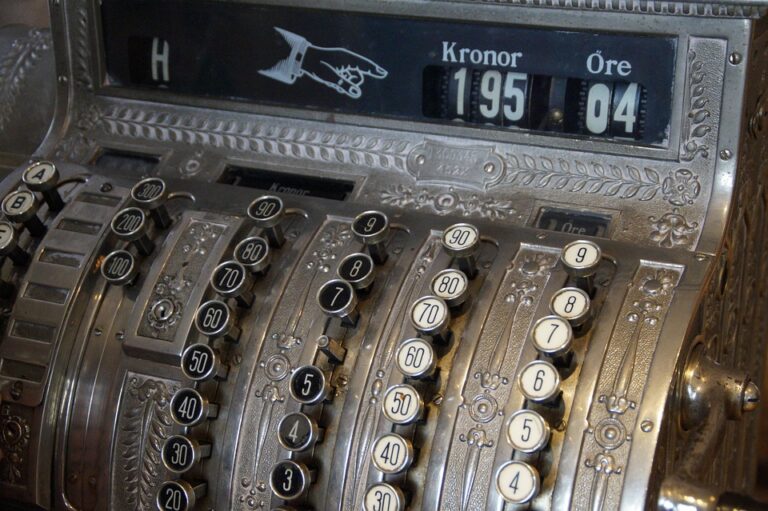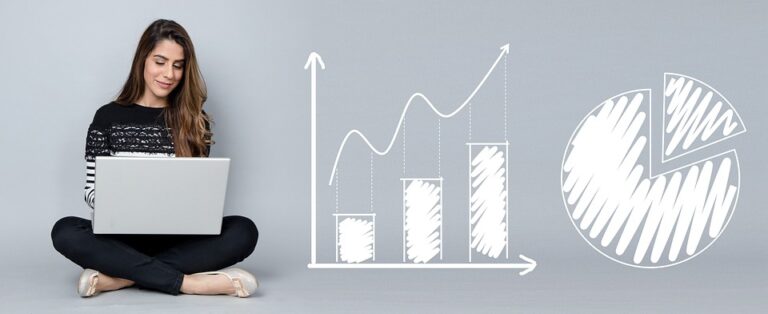Last updated Mar. 28, 2025 by Charles Zemub
Credit cards are a convenient financial tool, but late payment fees can quickly undermine their benefits. These fees not only impact your wallet but also potentially damage your credit score, affecting future loans and interest rates. To maintain your financial health, it’s imperative to avoid these unnecessary charges. This article will guide you through several strategies to keep late fees at bay while optimizing your credit card usage.
Understanding Late Payment Fees
Before diving into strategies, it’s essential to know how late payment fees work. Credit card companies charge these fees when you do not pay the minimum payment by the due date. Fees can often be as high as $35, and repeated late payments can lead to increased interest rates, additional penalties, and negative credit reports.
Strategies to Avoid Late Credit Card Payment Fees
1. Set Up Automatic Payments
One of the most effective ways to avoid late payment fees is by setting up automatic payments. This ensures that at least the minimum payment is deducted from your bank account before the due date, thus avoiding any penalties. Ensure that you have sufficient funds in your account to cover these payments to prevent overdraft fees.
2. Utilize Payment Reminders
If you prefer more control over your finances, consider setting up payment reminders. Many banks offer SMS or email alerts a few days before your payment is due. Additionally, utilizing calendar reminders on your phone or computer can keep you informed about upcoming payment deadlines.
3. Choose the Right Payment Date
Most credit card issuers allow you to select your payment due date. This flexibility lets you choose a date that aligns with your payday, ensuring that you have the necessary funds available. Contact your card issuer to change your payment date if this option is available.
4. Maintain an Emergency Fund
Building an emergency fund means having extra cash on hand to cover payments during a financial shortfall. Setting aside three to six months of expenses can be a lifesaver, ensuring that you meet your credit card obligations even during unexpected circumstances, such as job loss or medical emergencies.
5. Review Statements Regularly
Regularly reviewing your credit card statements can help you keep track of due dates and payment amounts. It also allows you to spot any unauthorized transactions or errors that might affect your balance. Keeping a close eye on statements can ensure you pay the correct amount and on time.
6. Pay Your Bill As Soon As Possible
Paying your credit card bill as soon as you receive your statement can help avoid last-minute rushes and potential late payments. This proactive approach also reduces the likelihood of incurring interest on your balance, leading to potential savings over time.
7. Use Credit Card Management Apps
There are several apps available that help manage credit card payments. These apps not only track payment due dates but also provide insights into spending habits, enabling you to budget more effectively. Popular apps include Mint, YNAB (You Need A Budget), and PocketGuard.
8. Consider Consolidating Credit Card Debt
Having multiple credit card payments can be overwhelming and increase the risk of missing due dates. Consolidating credit card debt into a single loan with a fixed interest rate can simplify payments and ensure timely payments. This should be done with careful consideration of any fees and changes in interest rates.
9. Communicate With Your Card Issuer
If you miss a payment, contact your credit card issuer immediately. Often, issuers will waive late fees as a one-time courtesy, especially if you have a history of timely payments. Communicating proactively may prevent the late fee from impacting your account.
10. Monitor Your Credit Score
Your credit score is often impacted by late payments. Regular monitoring of your credit score can provide insights into your financial health and the effect of any late payments. Tools like Credit Karma or Experian offer free credit score monitoring services.
✓ Short Answer
To avoid late credit card payment fees, set up automatic payments to ensure bills are paid on time, or choose a due date that aligns with your payday. Use payment reminders through apps or SMS alerts to keep track of due dates, and aim to pay your bill as soon as you receive it to prevent last-minute rushes. Regularly review statements for accuracy and maintain an emergency fund to cover unexpected expenses, ensuring timely payments even during financial shortfalls.
FAQs
What happens if I miss a credit card payment?
Missing a credit card payment can lead to late fees, increased interest rates, and a negative impact on your credit score. If you miss a payment, contact your card issuer as soon as possible to discuss options.
How does a late payment affect my credit score?
A late payment can be reported to the credit bureaus if it is more than 30 days late, potentially lowering your credit score significantly. Consistently making timely payments is crucial for maintaining a good credit score.
Can I negotiate a late payment fee with my credit card company?
Yes, many credit card companies are willing to waive a late fee as a one-time courtesy, especially if you have a history of timely payments. Contact your issuer directly to discuss the situation.
Is it better to pay the minimum payment or more each month?
While paying the minimum payment prevents late fees and keeps your account in good standing, paying more than the minimum reduces your balance faster, saving you interest over time and improving your credit utilization ratio.
Can changing my payment date help avoid late fees?
Yes, many issuers allow you to choose a payment due date that fits your schedule, like close to your payday. This alignment can ensure that funds are available when the payment is due, helping to avoid late fees.
By following these strategies, you can successfully avoid late payment fees, maintain a good credit score, and optimize your credit card usage. Taking proactive steps today will pave the way for a financially secure future.





